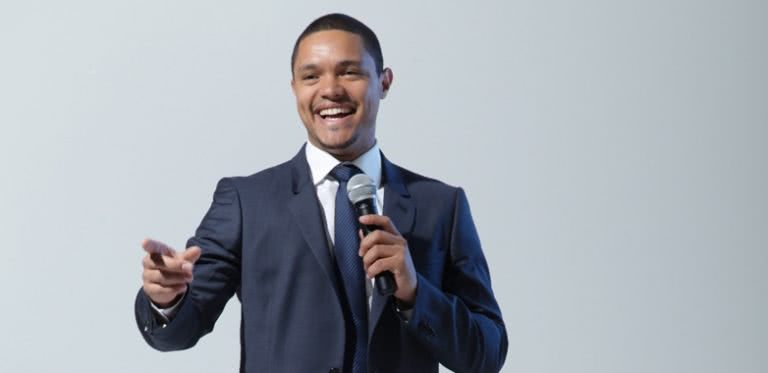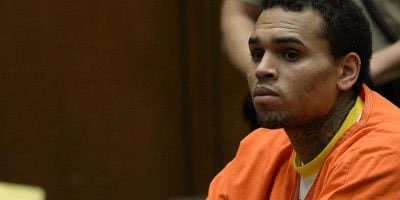When South Africa’s Trevor Noah was younger, the notion that he would one day become a world-renowned comedian was unthinkable. This is not because his Swiss father was bred into a culture whose closest understanding of the profession was a “clown”. Or because it was his friends’ idea, not his, that Noah put his hand up at an open mic night they just “happened to be at” that caused him to fall in love with performing. (Both true stories, by the way.) No, it was because it wasn’t until recently that comedy was permissible in South Africa.
“[Comedy] was illegal until 1994,” says Noah. “We couldn’t speak up against the government – you’d get arrested for doing that. Any gathering of people who’d do that was highly likely to get arrested, so that’s why comedy was not a big thing. It was just something that could not happen.” But now? “It’s changed completely,” he says. “That’s the wonderful thing.”
Like Noah’s culturally responsive breed of stand-up, which is returning to Australian shores on his Lost In Translation tour in October, South African comedy is a very new, very different, but very exciting scene to belong to. “It’s a totally different world from what most people are used to comedy being,” Noah says. “The rules are very different, which is nice to see. Each place has its own style, its own dynamic. What’s crazy in Africa is that the comedy scene hasn’t been dictated by Western comedy. So it’s really been its own beautiful machine and it’s taking shape in a different way. It’s really nice to watch it evolve.”
The same can be said for Noah’s shows, which began as any young performer’s shows would: with material harbouring a restricted view of the world. “I had no world experience and no life experience, so obviously the material was based around the fundamentals of a 20-year-old life. That was sex, alcohol and parties,” he says. Now, with Noah aged 30, all three have pretty much been stricken from his show, replaced with an acerbic wit and a racially challenging script. “Over the years I’ve grown as a comedian in terms of trying to find my voice, speaking more about what I think, and incorporating more about what’s happening around me,” he says.
Noah achieves this by spending long days in the cities he’s performing in, interacting with the people as much as possible so that he can communicate with his audience effectively. “I try to remain conscious of the place that I’m in. I read the news, walk around the city and see what’s happening around me.” It’s such a natural, everyday process that by the time he’s onstage it feels more like “hanging out with friends” than performing. “You just relay the story to your friends, who are now your audience,” he says. And hope they see the “funniness” in the tale too.
Now, I reckon I can see that funniness in his aptly titled Lost In Translation show already (lip my stockings, anyone?) – but according to Noah, I’m tragically amiss. “I think the show is going to be more than that,” he says. Because, aside from making people laugh, this comedian has another objective in mind for his shows: “You try and find something progressive to the point where you’re talking to an audience that agrees with you or challenges you enough to find the common ground on topics you’re discussing.”
So the show’s not really about language that’s lost in translation. “It’s about everything that’s lost in translation,” Noah says. “Things lost in translation in relationships, between parents and children, between governments and their citizens. It’s a much broader concept than a cultural lost-in-translation.”
Lost In Translation, as part of Just For Laughs 2014 at the Concert Hall, Sydney Opera House onTuesday October 14 and Wednesday October 15, tickets online.

































